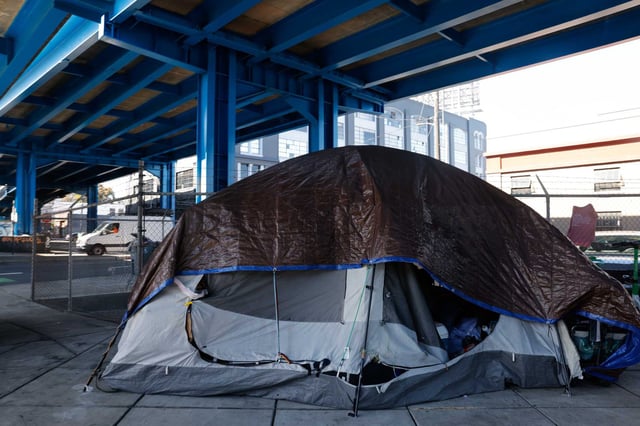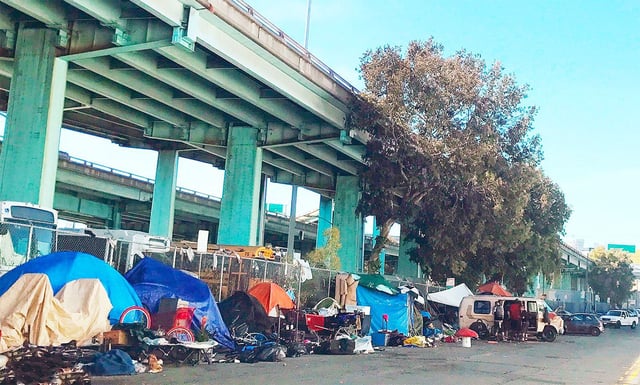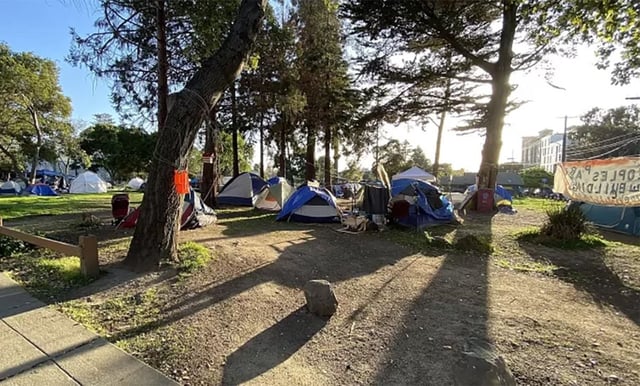Overview
- The overall homeless count in San Francisco reached 8,328, up from 7,754 in 2022.
- Unsheltered homelessness saw a slight 1% decrease, but the number of people living in vehicles surged by 37%.
- Homeless families nearly doubled, with a 94% increase, partly attributed to better identification efforts.
- Despite more shelter beds, the city's spending on homelessness has not curbed the overall rise.
- Mayor London Breed faces criticism and political challenges as she seeks reelection amid these troubling figures.


